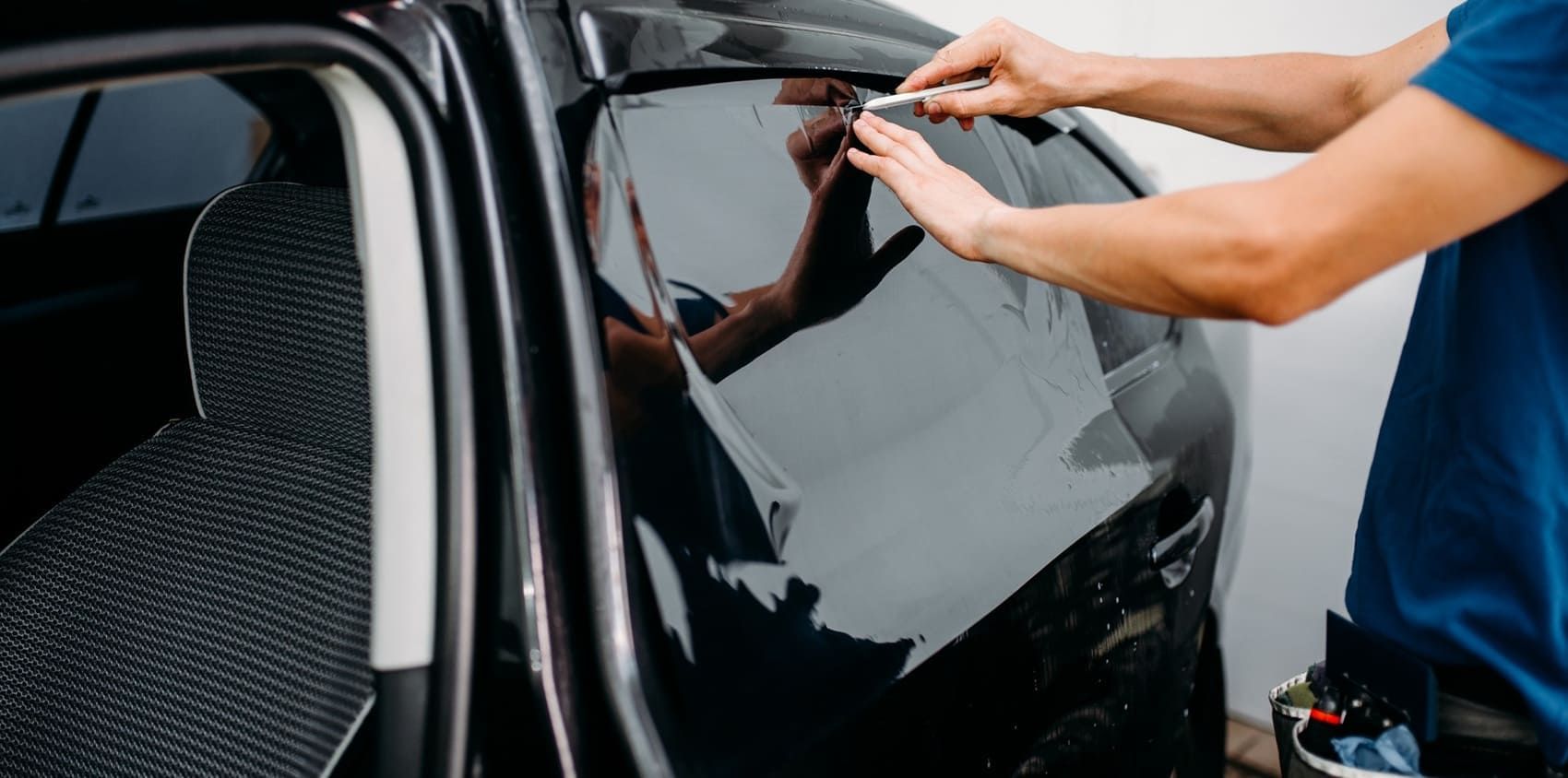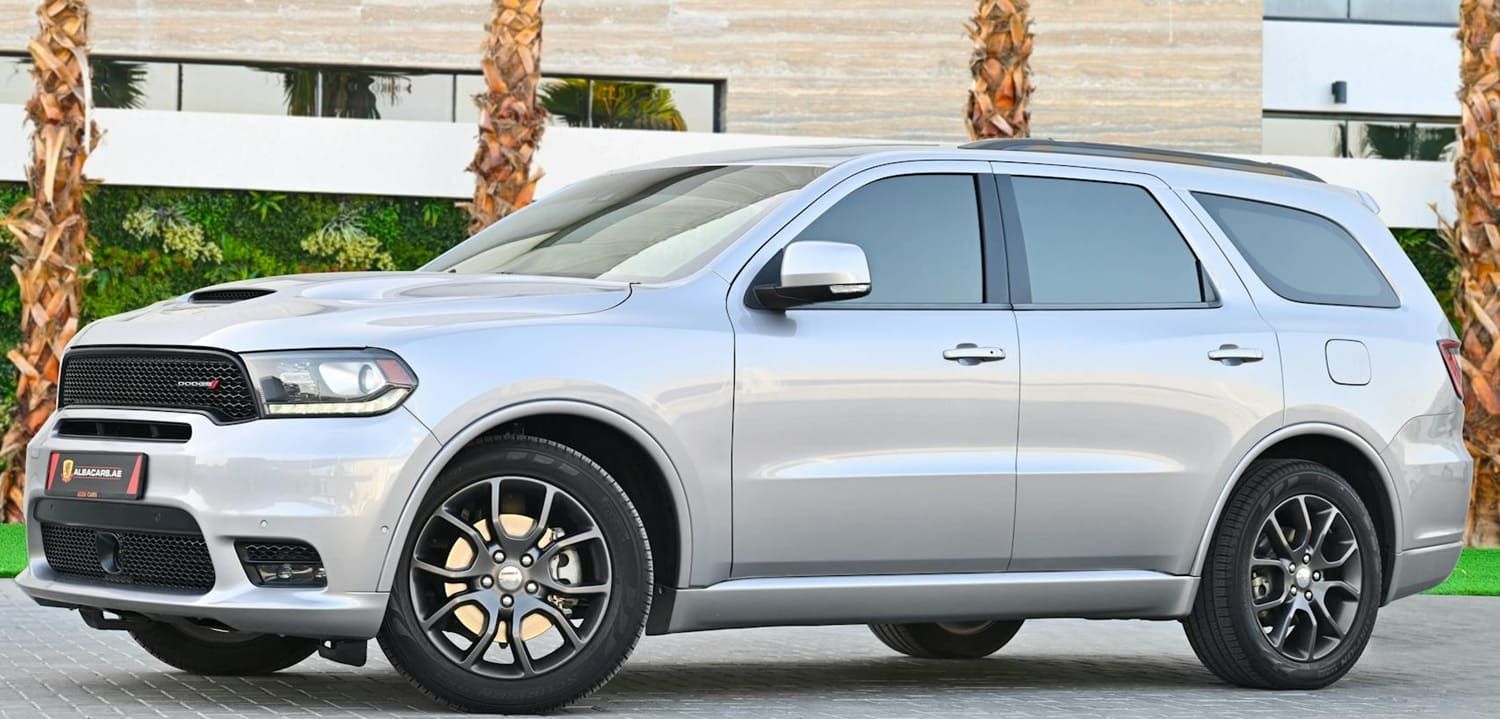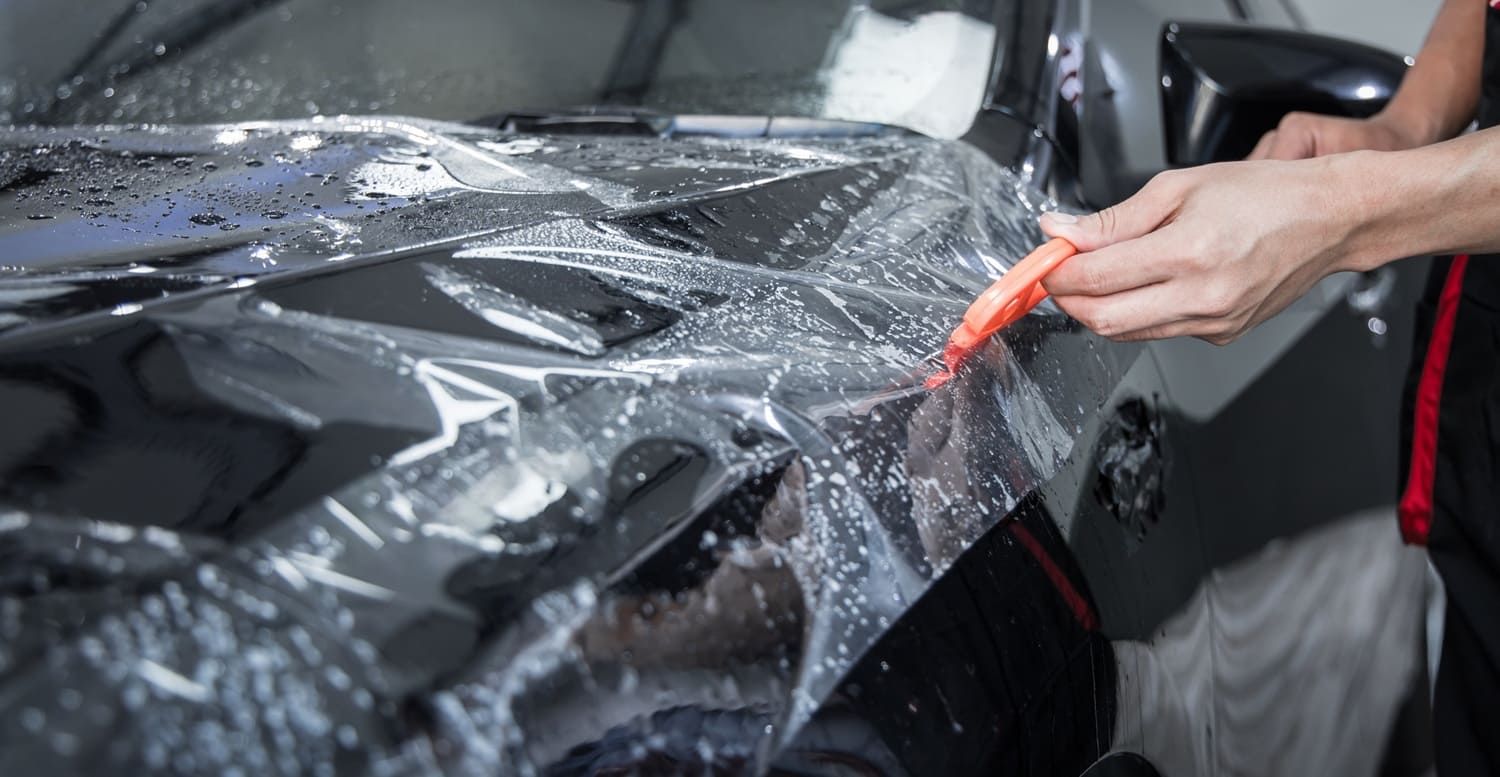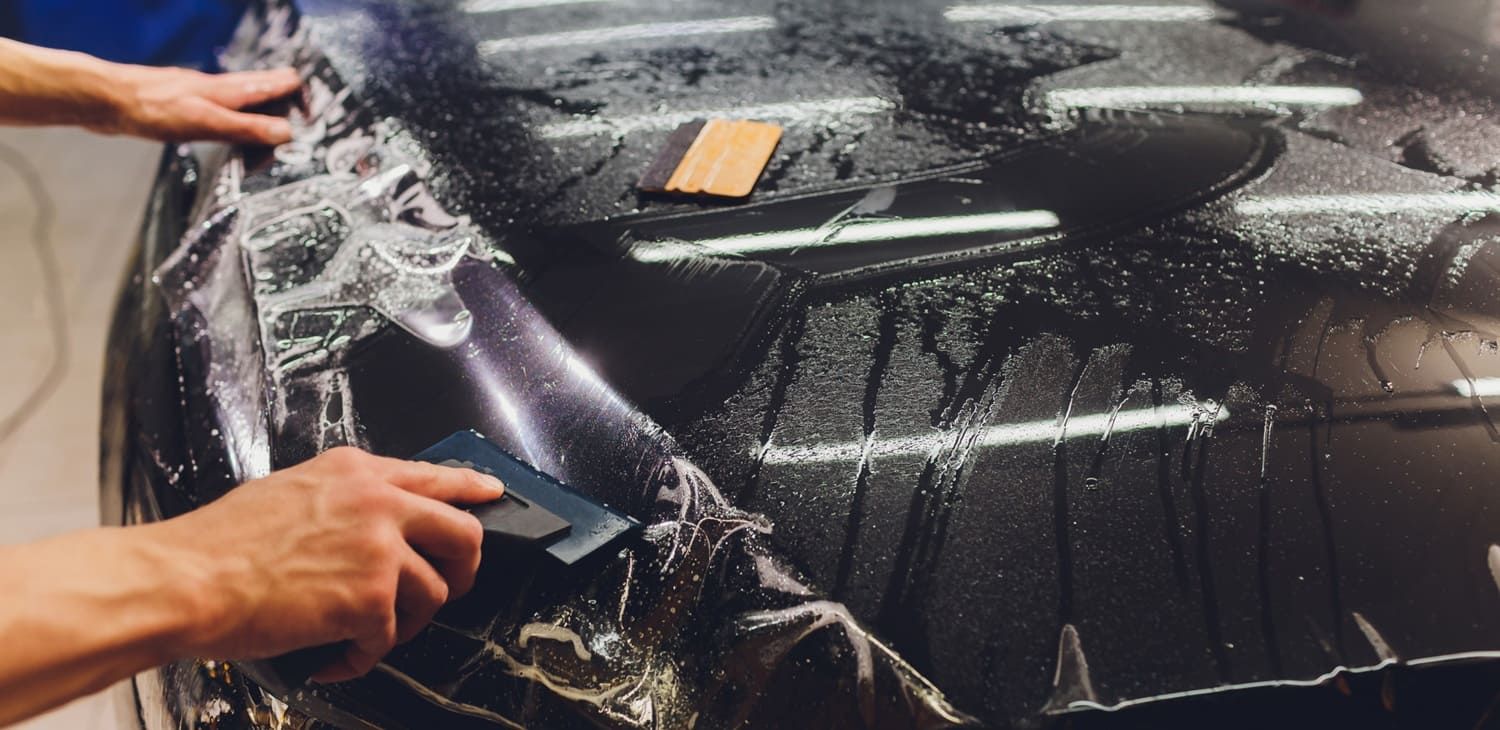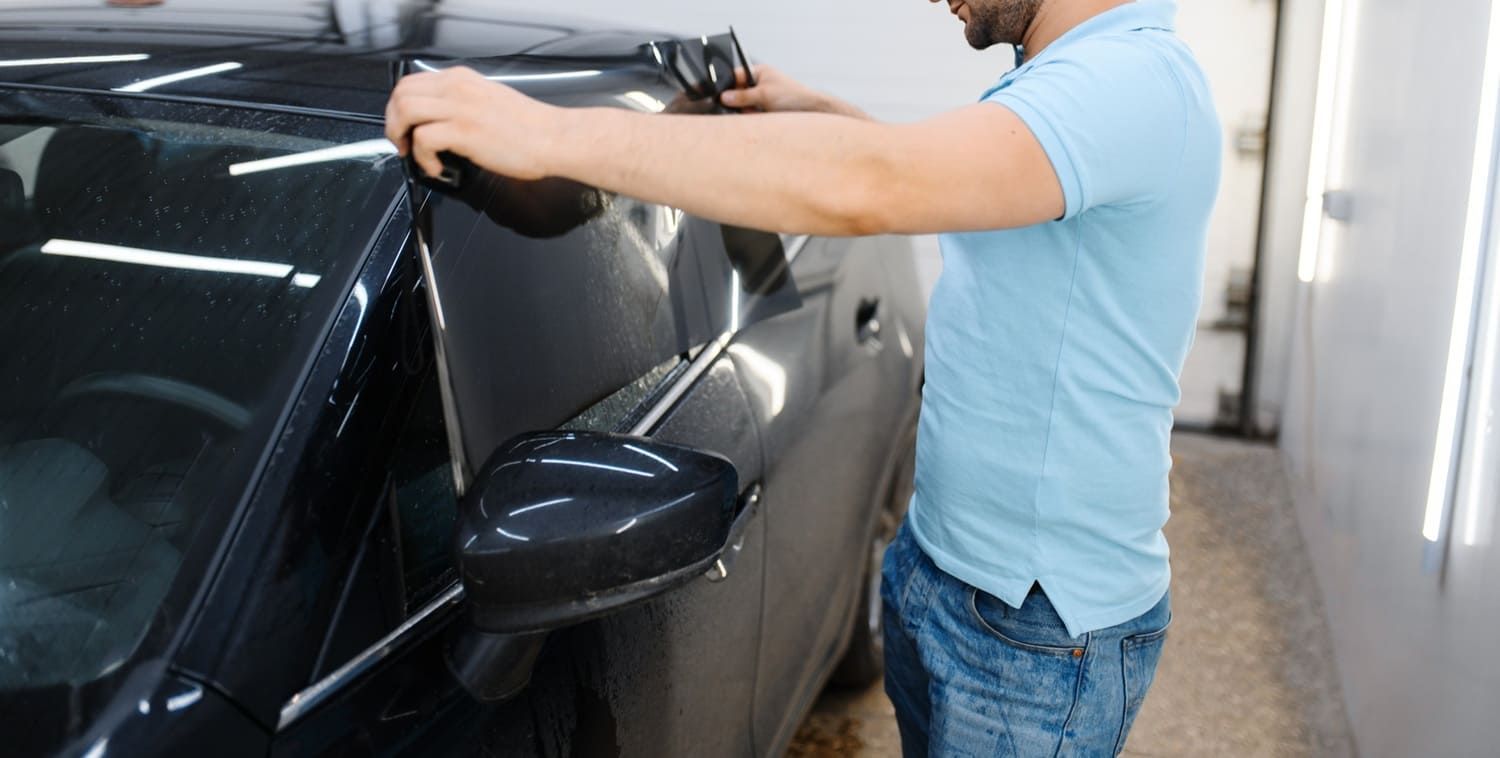Legal Penalties for Tint Violations What You Need to Know Before Tinting
Each state in the United States has its own set of rules when it comes to window tinting. These laws dictate how dark or reflective your window tint can be, and they vary depending on the window in question (front side, back side, rear, etc.). It's important to note that these regulations can change, so staying updated on the latest laws is critical. Understanding these laws is essential to avoid unwanted fines or penalties, and it can also help you make informed decisions when choosing tint levels.
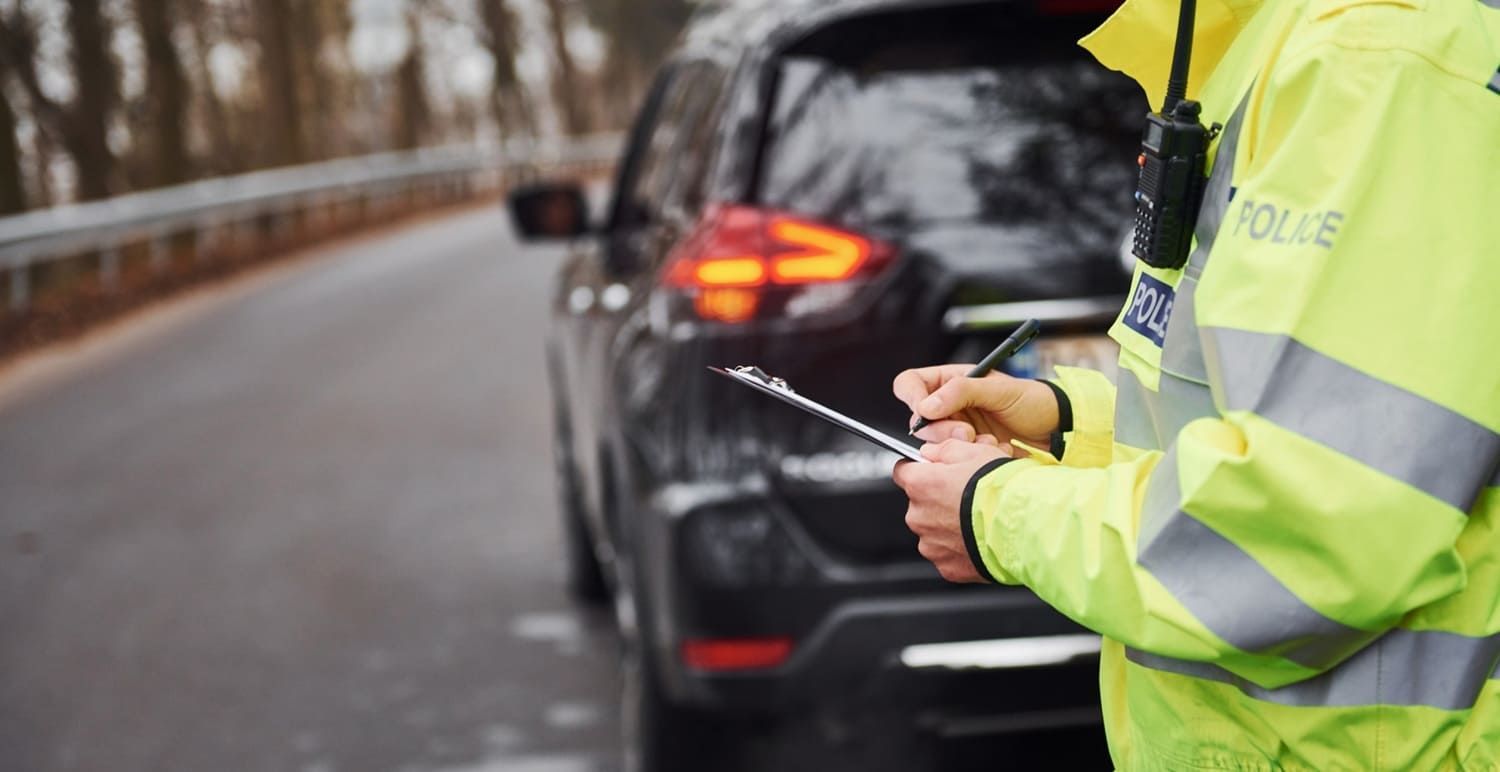
Why Do Tint Laws Exist?
Tint laws are in place primarily for safety reasons. Dark tints can reduce visibility for drivers, especially at night, increasing the risk of accidents. In low-light conditions, a heavily tinted window can obscure a driver's view of the road, pedestrians, and other vehicles. They also pose a challenge for law enforcement officers who need to see inside vehicles during traffic stops. This visibility is crucial for officer safety and ensuring that no illegal activities are occurring inside the vehicle. By regulating the darkness and reflectiveness of window tints, authorities aim to balance driver preferences with public safety, ensuring that everyone on the road is as safe as possible.
Key Terms to Know
- Visible Light Transmission (VLT): This refers to the percentage of visible light that can pass through the tinted windows. A lower VLT means a darker tint, which can significantly alter the amount of light that enters a vehicle. Understanding VLT is essential for complying with tint laws and ensuring adequate visibility.
- Reflectivity: This is the measure of how much light the tint reflects. Some states have laws on how reflective a tint can be, as high reflectivity can cause glare issues for other drivers. Reflective tints can also interfere with the driver's view, making it harder to see oncoming traffic or pedestrians, which is why regulations around reflectivity are strictly enforced.
Florida Window Tint Law
If you're in Florida or planning to move there, understanding the state's window tint laws is crucial. Florida's window tint law specifies the permissible levels of tint darkness and reflectiveness for different windows. These regulations are designed to ensure that drivers have adequate visibility while maintaining the option for some degree of tinting.
Permitted Tint Levels
- Front Side Windows: Must allow more than 28% of light in. This requirement ensures that drivers can see clearly through their side windows, which is vital for safe lane changes and turns.
- Back Side Windows: Must allow more than 15% of light in. This gives vehicle owners more flexibility in tinting these windows, as they do not affect driver visibility as much as the front side windows do.
- Rear Window: Must allow more than 15% of light in. Similar to the back side windows, this regulation allows for more privacy without compromising safety.
- Windshield: Non-reflective tint is allowed above the manufacturer's AS-1 line. This provision is important for reducing glare from the sun while ensuring that the driver's view of the road remains unobstructed.
Reflectivity Rules
- Front Side Windows: The tint must not be more than 25% reflective. This rule is designed to minimize glare for other drivers and maintain the driver's ability to see clearly.
- Back Side Windows: The tint must not be more than 35% reflective. While these windows can have a higher reflectivity than the front side windows, the regulation still aims to prevent excessive glare and maintain safety.
Medical Exemptions
Florida law does allow for medical exemptions. If you have a medical condition that requires darker tints, you can apply for an exemption. This will require a medical certificate specifying the need for additional sun protection. Such conditions might include skin sensitivity to sunlight or eye disorders that require reduced exposure to bright light. It's essential to carry this documentation in your vehicle to avoid potential legal issues during traffic stops.
Legal Penalties for Tint Violations
Violating tint laws can lead to various legal penalties, and these can differ from one state to another. Understanding these potential consequences is crucial for anyone considering window tinting. Here are some of the common penalties you might face if your car's tint doesn't comply with local laws:
Fines and Citations
The most common penalty for tint violations is a fine. The amount can vary depending on the state and the severity of the violation. In Florida, drivers caught with illegal tint may receive a non-moving violation, which typically results in a fine. These fines are not only inconvenient but can add up quickly if violations are repeated.
Fix-It Tickets
In some cases, law enforcement may issue a fix-it ticket. This means you're required to correct the tint and provide proof to the court that the issue has been resolved. Failure to comply can result in additional fines or penalties, and it may even escalate to more severe consequences if ignored. Fix-it tickets are designed to give drivers a chance to rectify the situation without incurring significant penalties.
Increased Insurance Premiums
Repeated violations can result in increased insurance premiums. Insurance companies may view frequent violations as a sign of high-risk behavior, which could impact your rates. Higher premiums are a financial burden and can make maintaining insurance coverage more challenging over time. It's essential to keep your record clean to avoid these unnecessary expenses.
Vehicle Impoundment
In extreme cases, particularly if you have multiple violations, your vehicle could be impounded until the tint is adjusted to meet legal standards. Vehicle impoundment is a severe penalty that can be costly and inconvenient. It serves as a strong deterrent to ensure compliance with tint laws.
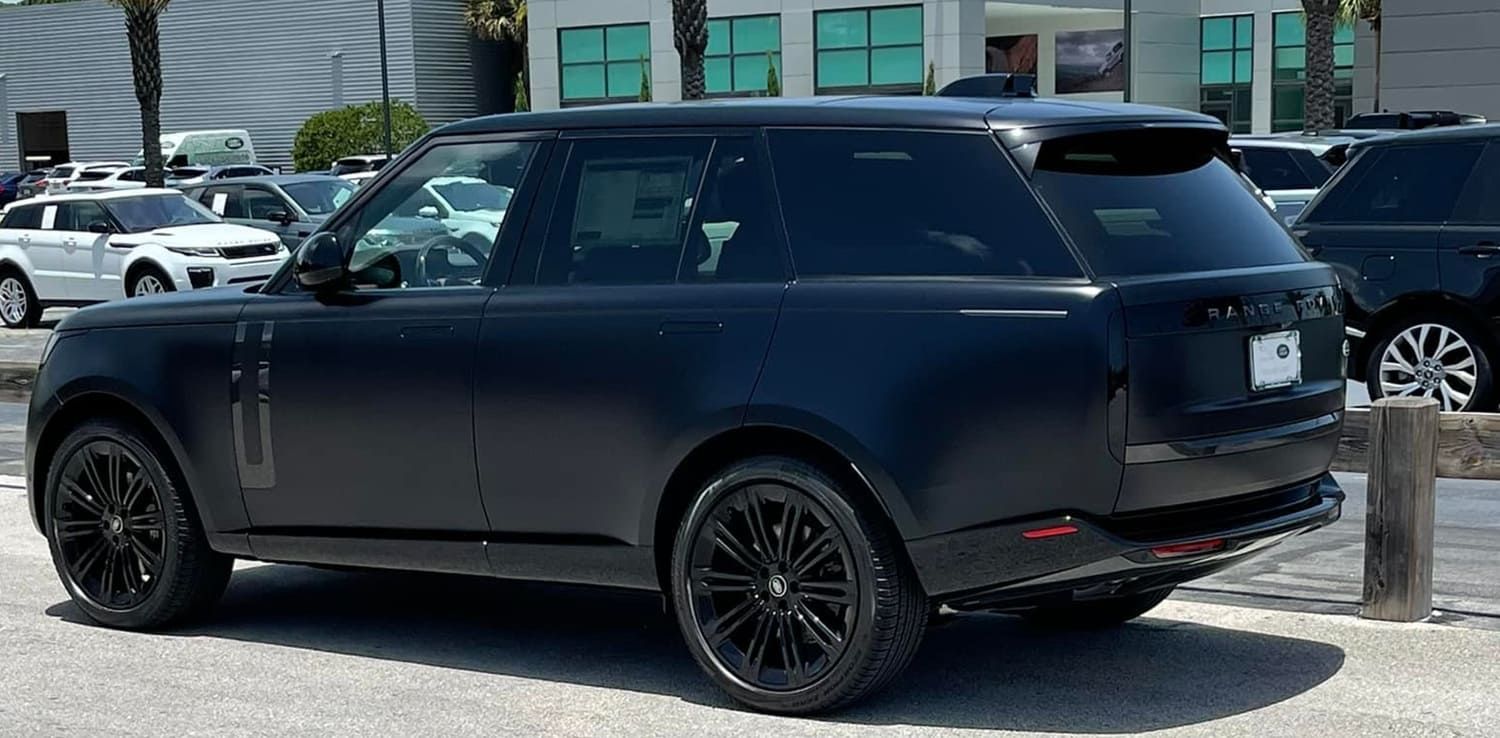
How to Ensure Your Tint Complies with the Law
To avoid penalties, it's essential to ensure your window tint complies with local laws. This requires careful planning and consideration before tinting your windows. Here are some tips to help you stay on the right side of the law:
Research Local Laws
Before tinting your windows, research the tint laws in your state and any other states you frequently drive in. This will help you choose a tint that complies with the strictest regulations you might encounter. Being proactive in understanding these laws can save you from future legal troubles.
Choose a Reputable Installer
Select a professional tint installer who is familiar with state laws. Reputable installers will ensure your tint meets legal requirements and provide a warranty for their work. They can also offer valuable advice on the best types of tint for your specific needs and preferences.
Obtain Necessary Documentation
If you have a medical exemption, make sure you have the necessary documentation in your vehicle at all times. This will help you avoid penalties if stopped by law enforcement. Keeping these documents readily accessible can prevent misunderstandings and streamline interactions with officers.
Final Thoughts
Enhance your driving experience with professional window tinting from Sun Stoppers Window Tinting in Fort Pierce, FL. As a trusted LLumar dealer, we ensure compliance with state tint laws, providing you with improved privacy, reduced glare, and UV protection without legal hassles. Our expert team delivers high-quality tint installations that prioritize your safety and style.
Choose Sun Stoppers Window Tinting for reliable and stylish window tint solutions. Contact us today for a free estimate and enjoy the benefits of expertly tinted windows.

